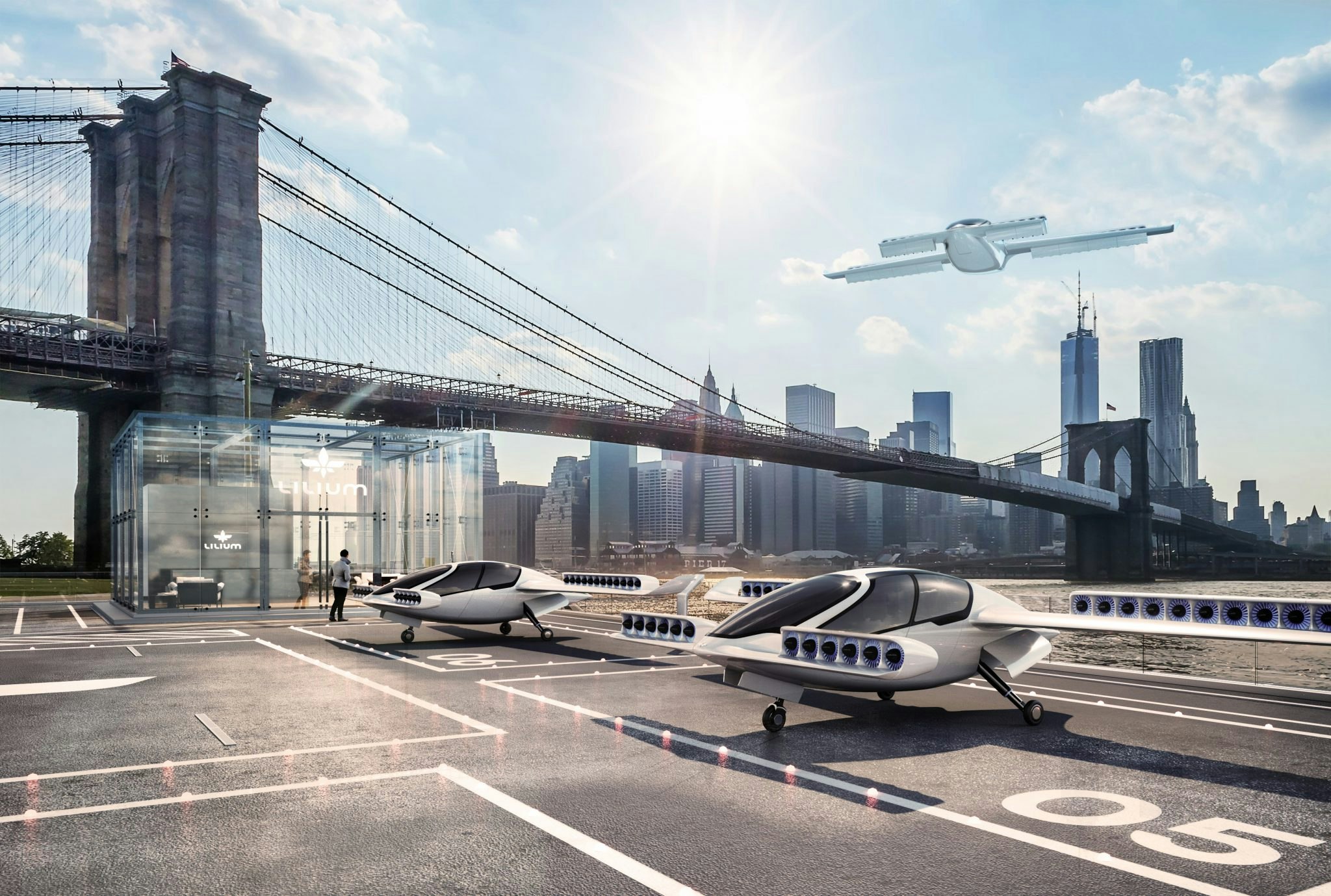Autonomous cars have captured the imagination of the public and generate huge media interest – hardly surprising as the use cases are relatable to everyday life and the technology is genuinely exciting. But from an investor point of view, the alarm bells should be ringing loud and clear.
Firstly, the number of start-ups chasing success in this space has ballooned. At EcoMotion in Tel Aviv back in June, the focus of the conference was ‘Smart Mobility’, yet only 4 of the 150+ companies exhibiting were working on anything other than autonomous car enabling solutions.
I am sure some investors may be able to pick a winner out of 146 companies doing seemingly identical things with a combination of artificial intelligence, machine learning, LiDAR and other technologies, but it increases the risk profile dramatically.
Second, this is the land of the 1000lb gorillas – car manufacturers (old and new), the world’s biggest tech companies and well-funded research institutions are all engaged in trying to win in this space. Of course, this may present opportunities for acquisitions, but in a foot race with these large organisations (who aren’t the typical sloth-like incumbents), they have a clear head start.
Third, Level 5 autonomy is some way off. I’m a big believer in the power of technology to change and disrupt markets – it’s why I’m an investor – but autonomous cars are a (very) long-term play. Myriad challenges present themselves across technology, regulations and human resistance to change.
Now, overlay the VC business model and you compound the challenges. VCs need to make returns during the lifecycle of their funds, typically 10 years. Most investments are not made on day 1 nor exited on the last possible day, so realistically there is say a 7- to 8-year window to a liquidity event.
Some will get lucky, but these characteristics combined make it a dangerous place to put down bets.
Despite this, we do see opportunities to invest in autonomous vehicles, just not on public roads. The skies, the oceans and non-public roads are well suited to performing autonomous delivery tasks, carrying out inspection and surveillance missions, and, ultimately, carrying passengers. In fact, we believe that vehicles in these environments are likely to mature before autonomous cars.
In the case of the skies, they have the advantage of being three-dimensional spaces that are already managed by sophisticated air traffic control systems – carving out an area for, say, autonomous delivery drones is not a huge leap. Equally, the commercial shipping industry (container ships, tankers, car carriers, etc.), where investment in technology has lagged considerably, is ripe for new solutions to reduce collisions, improve the efficiency of navigation and reduce costs.
We expect to see considerable investment dollars diverted to these areas where start-ups have an edge and the chance of a big outcome in a 7- to 8-year window comes with less risk.


